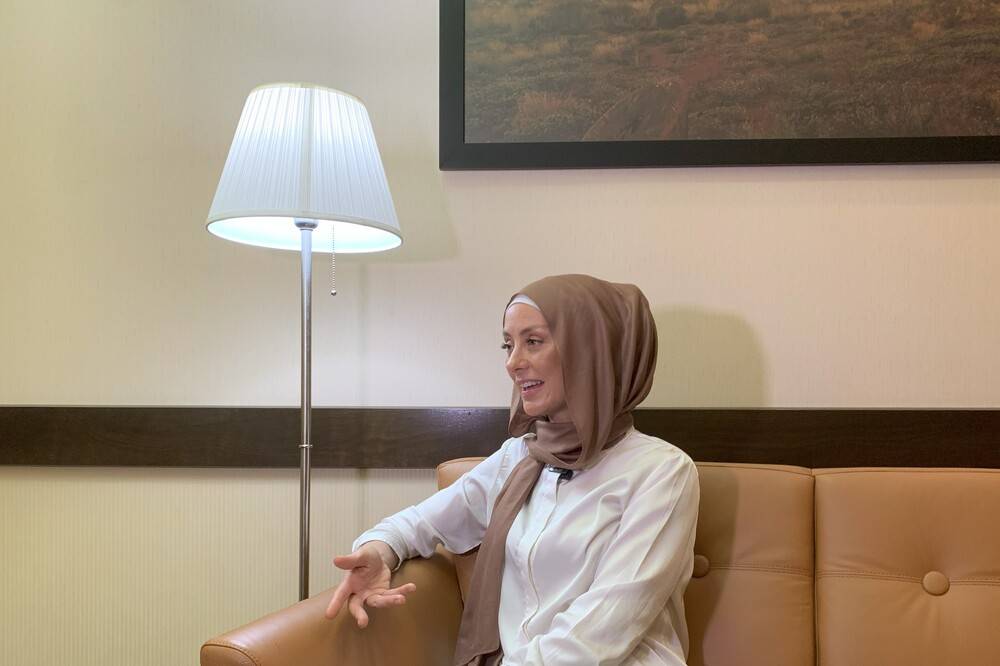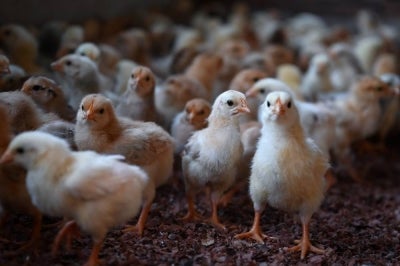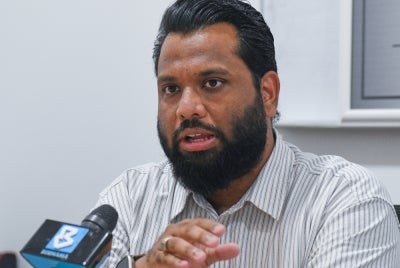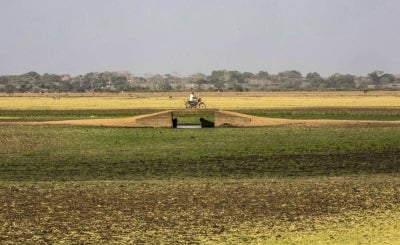Bias in Gaza reporting fuels 1300 per cent increase in Islamophobic incidents in Australia
Dr Susan Carland discusses media bias and its role in fuelling Australia’s Islamophobia

KUALA LUMPUR - Since the horrors of Israel’s genocide in Gaza, Australia has seen a sharp rise in Islamophobic incidents.
Reports showed a shocking increase of 1300 per cent, mainly due to the biased reporting on the war crime.
In today’s world, where we are bombarded with information every day, the influence of media on public opinion is extremely powerful.
Yet, this power brings with it a significant responsibility to present news accurately and impartially.
However, bias in media reporting, especially on sensitive issues like the mass-killing in Gaza, can seriously mislead the public.
This kind of reporting not only hides the truth but also promotes harmful stereotypes.
It creates divisions within society, fuelling hatred and hindering the search for truth and justice.
Dr Susan Carland, a sociologist who also serves on the board of the Islamophobia Register Australia and has written extensively about media bias regarding Gaza's horror, shared her insights on this matter.
“I believe anyone witnessing the unfolding images would find them devastating.
"It is profoundly distressing to witness such horrors, and we must acknowledge the impact these relentless and horrific images can have on us.
“We are not wired to endure that level of awfulness constantly, and understandably, it is affecting many people from diverse backgrounds and communities.
"Personally, I am left speechless and aghast by the situation.
“Regarding media coverage, I serve on the Board of the Islamophobia Register Australia, and we observed a significant increase in Islamophobic incidents in Australia following the Oct 7, 2023 attacks, with a staggering 1300 per cent surge,” she told Sinar Daily in an interview recently.
Carland noted that people started expressing concerns about a perceived bias in some media reporting of the conflict, prompting her and her organisation to conduct an investigation.
“We conducted a preliminary analysis focused on Instagram posts from various Australian news outlets, recognising that social media plays a pivotal role in shaping public perception of such events.
“While our research is publicly available for review, I must emphasise that we found a significant imbalance in how the news was reported," she said.
She said the lack of balance is shocking and unacceptable, given the gravity of the bloodshed.
"It is crucial to note that we were seeking balance in an inherently unequal and unbalanced genocide.
“The fact that some news outlets failed to achieve even a semblance of balance highlights the need for accountability in media reporting,” she added.
Addressing Islamophobia, Carland shared that her research and work on international projects to combat Islamophobia had initially led her to search for a simple solution to eradicate prejudice.
“However, reality proved more complex. There is no silver bullet for eradicating prejudice.
"Islamophobia stems from various sources within individuals, necessitating diverse approaches to addressing it.
“For some, their negative perceptions of Islam and Muslims arise from a lack of personal interaction with Muslims.
"In Australia, for instance, many have never engaged with a Muslim firsthand, relying solely on media portrayals that often lack nuance.
“Simply meeting a Muslim and realising their shared humanity can dispel misconceptions for these individuals.
"Others may require deeper engagement, seeking to understand the teachings and beliefs of Islam to challenge preconceived notions.
“Therefore, a multi-faceted approach is essential, tailored to the diverse origins of Islamophobia in different people,” she said.
She also slammed the role of social media platforms, which she referred to as "social misery companies."
“These irresponsible people on these platforms, which I really think we should call them ‘social misery companies’, propagate unchecked misinformation and cultivate echo chambers that reinforce existing biases.
“Algorithms prioritise content that aligns with users' existing beliefs, inhibiting exposure to diverse perspectives.
“Consequently, individuals become entrenched in their own worldviews, dehumanising those who differ from them.
"Meaningful dialogue becomes challenging, as dissenting voices are silenced or dismissed,” she stressed.
To build a more understanding and united society, she emphasised the importance of seeking diverse perspectives, engaging in respectful conversations, and breaking free from the echo chambers that solidify our biases.
Download Sinar Daily application.Click Here!















